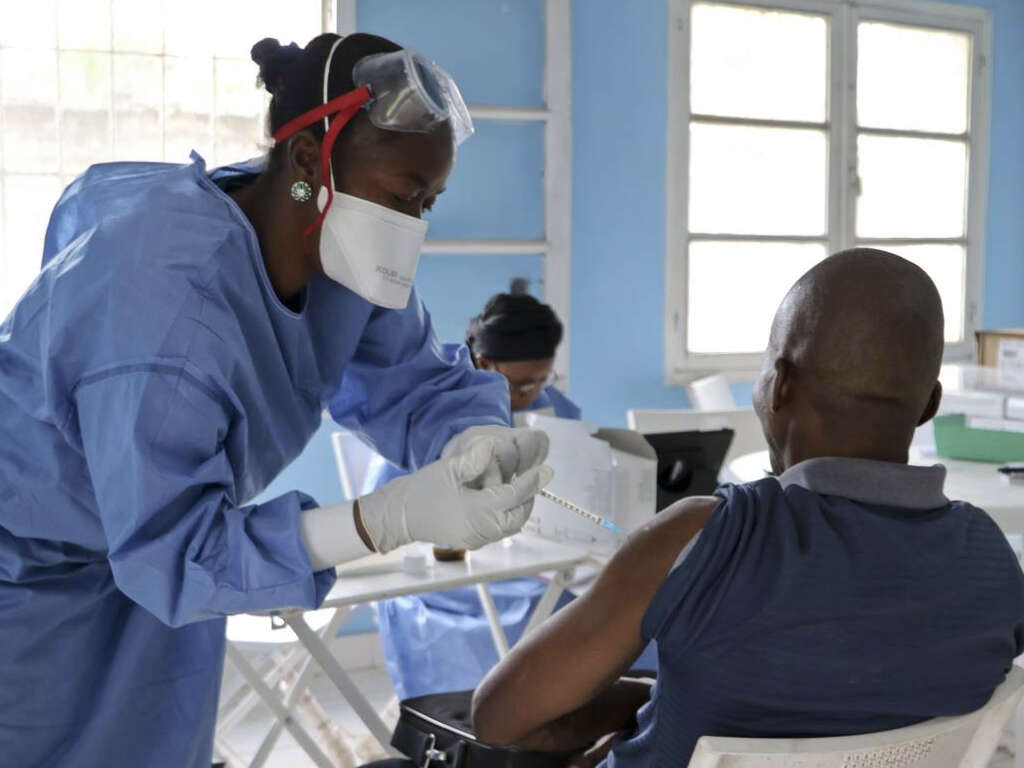What Is a Fever Blister?
Our lips are made of soft, sensitive tissue. They are also exposed to the elements, and these factors make them quite vulnerable to ailments. They can become cracked and sore and they can also pick up infections after coming into direct contact with pathogens. Such problems with our lips can be very uncomfortable, as well as unsightly.
One example of such an ailment is fever blisters, and they can be very painful to endure. They are also quite common although, thankfully, they are not a serious disease. In the majority of cases the patient will make a complete recovery from the symptoms, but some will find that the symptoms return.

1. Cold Sores
Cold sores are another commonly used name for fever blisters. They are typically small blisters that are filled with fluid, and are often found in groups around the lips. These blisters will burst, and scabs will then form on the lips and the sores will likely heal completely within 2 weeks or so.
Fever blisters are highly infectious and are spread from person to person. They are caused by a type of virus, and there is as yet no known cure for the disease. They are unlikely to cause problems for the patient, but they will result in complications in a small number of cases so treatment for them is recommended.
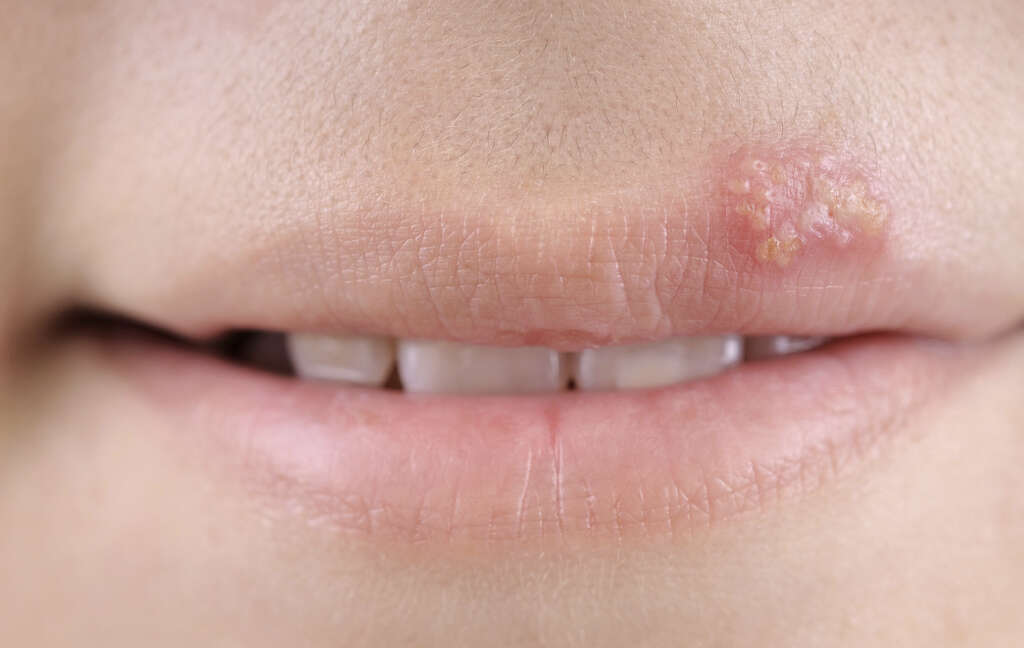
2. Causes
Fever blisters are caused by a common virus known as the herpes simplex virus (HSV). Fever blisters in particular are typically caused by the HSV-1 virus specifically. HSV-1 will also sometimes be responsible for genital herpes, although genital herpes is usually caused by HSV-2. HSV-2 will also sometimes be responsible for fever blisters, but this is not common.
The blisters themselves are very contagious, especially when they are leaking pus. Another person coming into contact with them, such as through a kiss, will often be enough for the disease to be transmitted. It can also be contracted through sharing cutlery drinking vessels, as well as other items like towels.
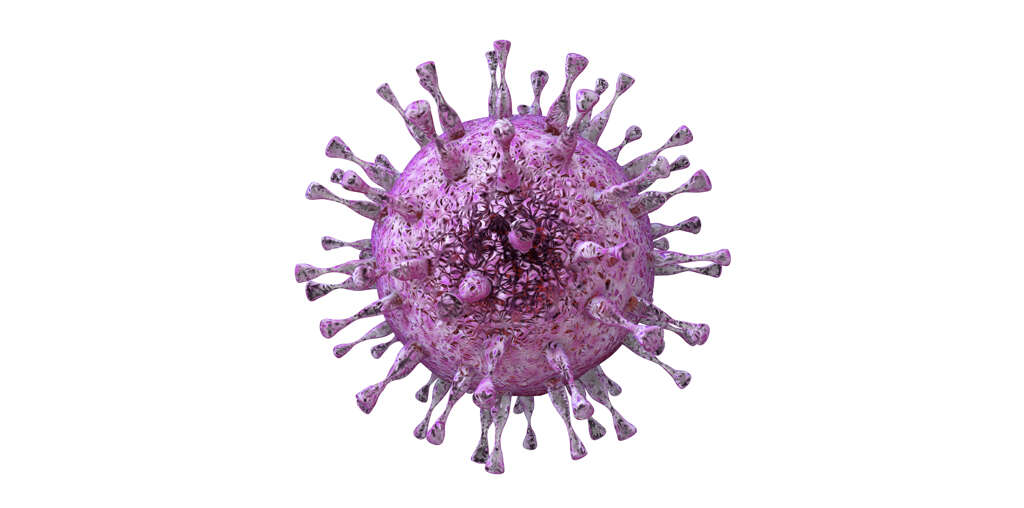
3. Sexually Transmitted Disease?
There is a considerable amount of stigma around the herpes virus. Genital herpes is a well-known sexually transmitted disease. In fact, it is one of the most common sexually transmitted diseases on the planet. Genital herpes is typically spread through sexual contact with an infected person, and fever blisters are another name for herpes that infects the mouth.
Although oral herpes and genital herpes are usually caused by different strains, although fever blisters will sometimes be caused by the strain that causes genital herpes. This is often the case when somebody has performed oral sex on somebody that has genital herpes. However, this does not mean to say that fever blisters are necessarily sexually transmitted disease. Indeed, sex is not the method of transmission in the vast majority of cases.

4. Recurrence Triggers
Once infected, the virus that causes fever blisters will remain with the patient for the rest of their lives. However, the symptoms of the initial infection will disappear and the virus will go dormant. The virus can lay dormant for years and, in some cases, it will never become active again.
The virus will reactivate in some people, however, and there are certain triggers that can cause this. This includes changes in hormonal levels, stress, and fatigue. Injury to the skin can also reactivate the virus, as can changes in the patient’s immune system. The lips being exposed to harsh weather can also cause the virus to become reactivated.

5. Symptoms
To begin with, the patient is likely to feel an itching or tingling sensation for around a day before small spots appear on the lips. These spots will then develop into blisters and they will usually be found on the edges of the lips. Smaller blisters may sometimes merge together, and the blisters will eventually burst, oozing pus. Crusts are then likely to form.
In children, the sores will also sometimes be located inside the mouth. People who are experiencing the symptoms for the first time may also have painful gums and aches and pains in their muscles. A fever is another potential symptom, as is a headache and a sore throat. The patient may also develop swollen lymph nodes.

6. Fever Blister Complications
The majority of the time, the symptoms will clear up without doing any real harm to the patient. However, complications can occur and they will sometimes be dangerous. In some patients, the infection can spread to the genitals, or to the fingers in a condition known as herpes whitlow.
Fever blisters also have a chance of causing eczema herpeticum in some people. This happens in people who also have eczema, and it is a rash that covers a large area of the body and can be painful. The patient may also suffer from a potentially blinding eye infection known as HSV keratitis. Encephalitis, and meningitis are also possibilities.
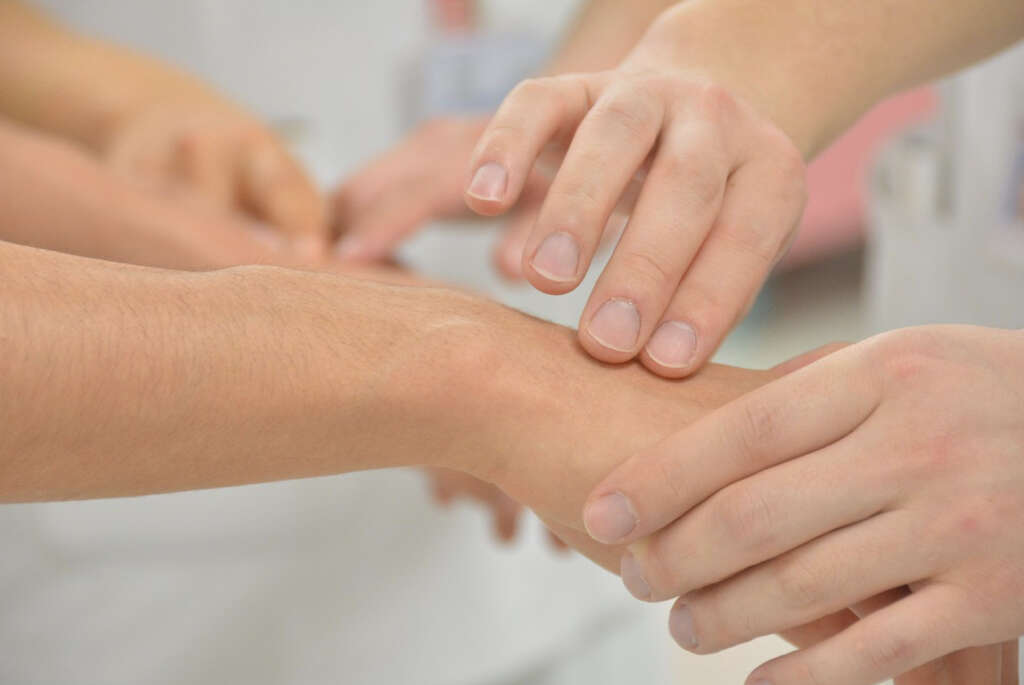
7. Who’s At Risk?
Nobody is completely safe from fever blisters. Indeed, the majority of adults already carry the virus, but most of them will never develop symptoms. Some people are more likely to show symptoms of the condition and experience complications than others are. People more likely to suffer from complications from fever blisters include those who also have eczema.
People who have a weakened immune system are also at a greater risk, including people who are undergoing chemotherapy treatment. Patients who have recently undergone an organ transplant are also at higher risk if they have been given medication to surpass their immune system. Those with HIV/AIDS are also at a higher risk of complications.
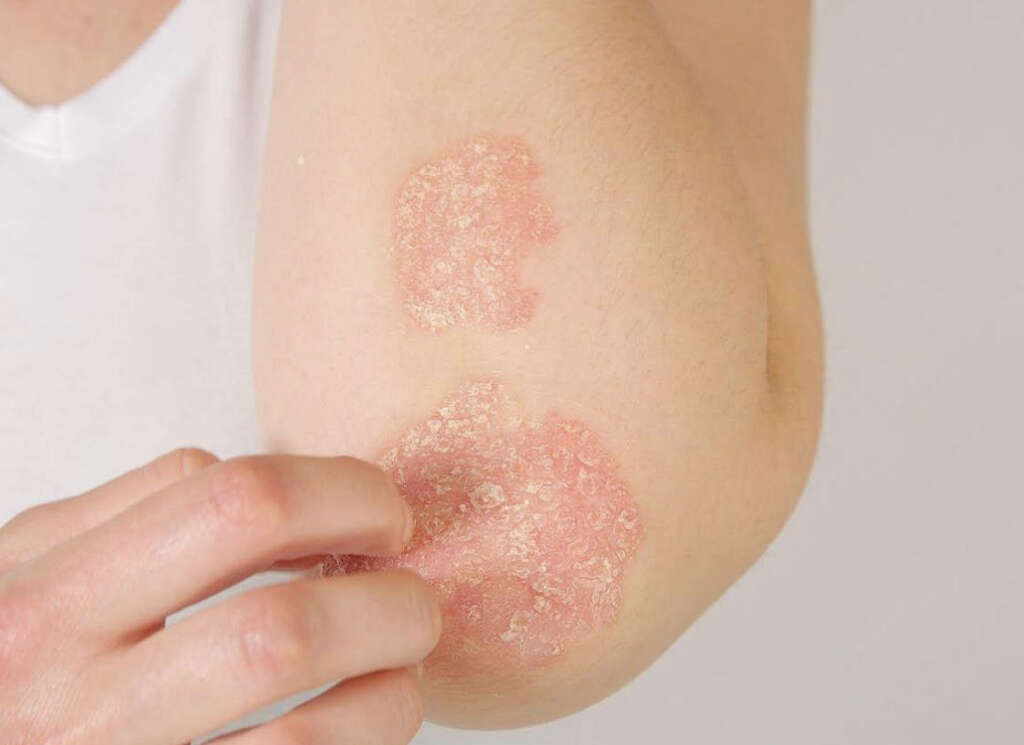
8. Prevention
Because the herpes virus is so common, it can be all but impossible to give ourselves complete protection against it. However, you will make yourself a lot safer from the virus if you avoid kissing people that appear to have blisters or sores on their lips. Avoiding sharing times like crockery and drinking vessels will also help to keep you safer.
Washing your hands regularly with warm, soapy water will also help make a big difference. If you develop fever blisters regularly then you should try and avoid exposing your lips to harsh weather. If you have regular occurrences then an antiviral medication may be able to help prevent them.
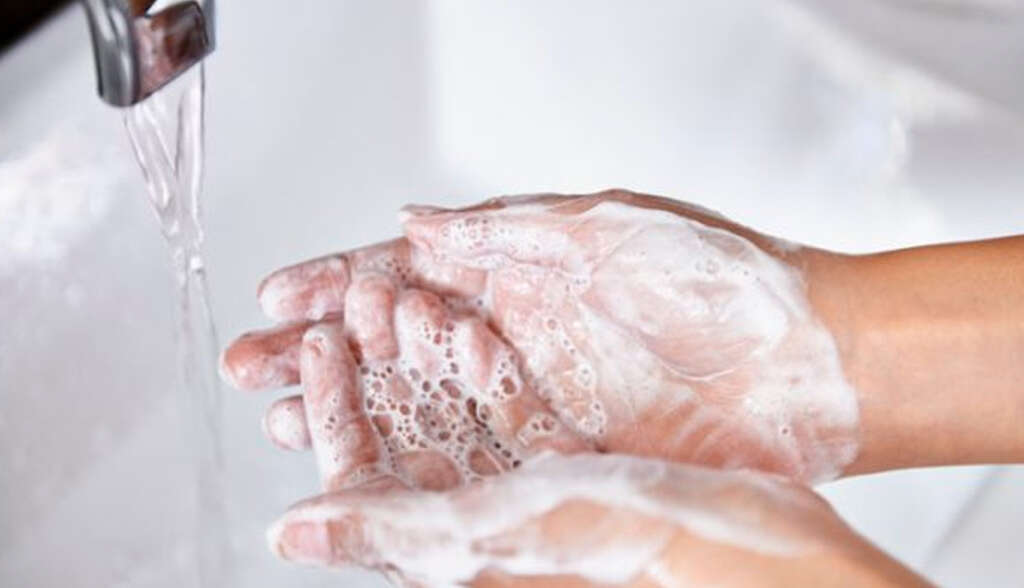
9. Diagnosis
Fever blisters are a very well-known condition and your doctor is likely to be able to make a diagnosis just by looking at the sores. However, your doctor might wish to confirm the diagnosis in some cases. This will typically mean taking samples from the blisters to be sent to a lab for further examination.
Experts will be able to confirm the diagnosis by looking for signs of the virus in the samples. This is sometimes necessary if the patient is particularly vulnerable to disease and the doctor needs to be sure the patient is as safe as possible. The patient may also need to be tested for any complications that might have been caused by the disease.

10. Treatment
Cold sores are not usually a serious condition. In most cases, the symptoms will clear up without medication within 4 weeks or so. Medication is available that can help to accelerate the healing process, although these tend to be used sparingly to help prevent the virus from evolving a resistance to treatment.
When medication is prescribed, it tends to be in the form of lotions or pills, and the pills tend to be the most effective. In particularly severe cases, stronger antiviral medications may be administered intravenously. Other medications like lip balms can help to prevent cracking, while a cold compress can help to reduce swelling and pain.








